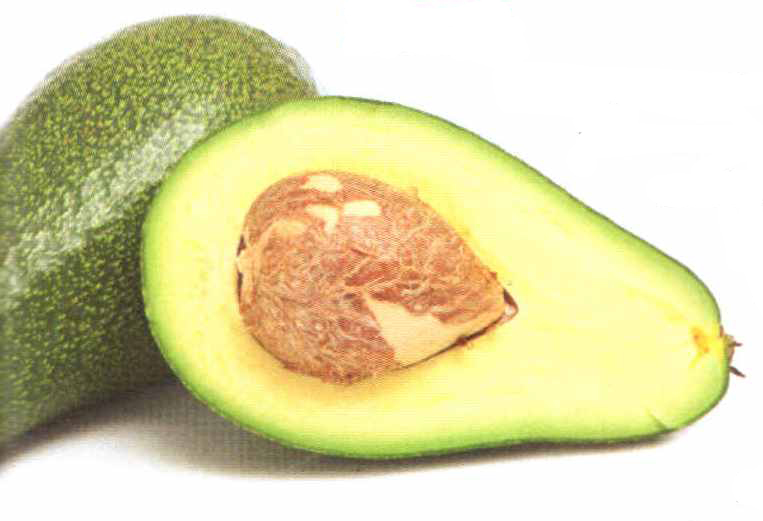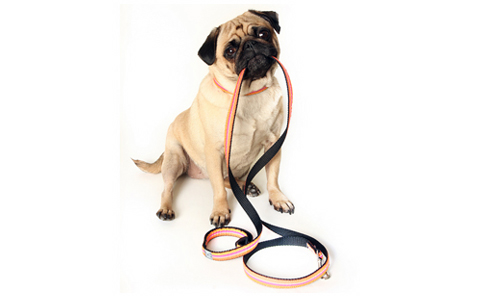Puppy Care
 Puppy Feeding
Puppy Feeding
Your puppy needs to be feed regularly. Unlike cattle, they do not eat grass! They need much care and should be looked well after, especially when it comes to feed time. Canine’s (dogs) are very dependent on humans to supply their needs! You have been supplied by a “food starter” pack, to help you as owner to be not without good nutrition for your puppy. You may want to keep your puppy on the brand supplied or switch to a new brand. Do not lower the standard in your puppy’s nutrition; where possible rather give them the best you can afford. If you want to switch the food of your puppy to another type, please follow the instructions supplied with your starter pack. Your puppy should be fed 3 times a day at regular times where possible. Your puppy should slowly be made use to the new brand. This is done over several days, normally about 6-7 days. Basically you start with ¾ of the old brand and ¼ of the new. This you will do over 2 days. Then you will give ½ of the old brand and a ½ of the new for the next 2 days. The following 2 days (day 5 and 6) you will give your puppy ¾ of the new brand and ¼ of the old brand. Thereafter your puppy will be on the new.

Running Tummies
When you directly switch the puppy on a new brand of food, their tummies will most likely run. Running tummies may also occur of the puppy are feed too much. Please see the instructions supplied for how much food to give your pup. In some cases, running tummies may also occur because of the change in environment. Some times when the puppy is moved, especially from their mums, they will have running tummies. This is because they have been exposed to stress factors. This should go away within a few days as they get use to their new home. Please do not give your puppy milk, especially cow milk, as this will upset your puppy’s stomach and will cause diarrhoea. Contrary to what many people beliefs, cow milk is not good for puppies.
Foods to avoid:
 The following foods should also be avoided: Avocado, onions (cause gastro-intestinal irritation), grapes and raisins (can cause kidney failure), foods with high salt or fat content (cause upset stomachs), bones (they can splinter and puncture the pet’s gut or intestine), chocolate, coffee and alcohol (cause vomiting, diarrhoea, hyperactivity, seizures and even potential death in pets). Yeast dough (cause pain in the stomach) sugarless sweets (sweetened with xylitol – can cause liver damage and even death – check the food labels). Macadamia nuts should also be avoided as this may cause weakness, vomiting and hyperthermia in dogs. These are not inclusive, but give you a guide to what not to give your Canine.
The following foods should also be avoided: Avocado, onions (cause gastro-intestinal irritation), grapes and raisins (can cause kidney failure), foods with high salt or fat content (cause upset stomachs), bones (they can splinter and puncture the pet’s gut or intestine), chocolate, coffee and alcohol (cause vomiting, diarrhoea, hyperactivity, seizures and even potential death in pets). Yeast dough (cause pain in the stomach) sugarless sweets (sweetened with xylitol – can cause liver damage and even death – check the food labels). Macadamia nuts should also be avoided as this may cause weakness, vomiting and hyperthermia in dogs. These are not inclusive, but give you a guide to what not to give your Canine.
How to Feed your Puppy
Your puppy should be feed three times a time. For the next few weeks, you should take special care with your puppies feeding.
Here is a guide to good feeding principles:
Normally at the age of 8 weeks, most puppies should eat dry pellets chunks. There are varies brands on the market, ensure if you change from food, that you still maintain the best puppy nutrition you can afford. Dry pellet chunks are a complete dog food which have everything healthy dogs should have.

Mornings
If your puppy does not eat the pellets dry, you may want to take a ½ cup of puppy chucnks and just add a little bit of boiling water on the pellets. Stir the water into the pellets, do not soak the puppy food, let it still contain some hardness, which will help your puppy to more easily get use to dry pellets. If they do not eat too well, you may add a little bit of water with. Do not add too much water as this will give a paste, which may upset your puppy’s stomach!
Lunch
½ Cup of dry puppy chunks should be given for the pup. If you are unable to give the pup food for lunch, leave some chunks for them in their bowl.
Dinner
Dinner would be the same as you would do in the morning.
Clean Water must be available at all times. It is best to give them clean water daily and let them have access to water freely. If you house train your puppy, you may want to stop their drinking early at night, walk them out again before you go to bed, wait for them to “do their thing” and let them have no more water
 Deworming
Deworming
You would probably not believe it, but all puppies are born with worms! Puppies inherit worms from their mothers. That is why good responsible breeders and owners of puppies frequently deworm their dogs. Another thing few people realise is that worms have a cycle. In short deworming may kill worms in the pup, but eggs which have not yet hatched are left untouched. The egg cycle usually is two weeks. While you may have dewormed your dog, if it is not followed by another treatment, the dog will be invested again with the eggs hatching from the worms that have been killed.
Deworming medication is available from any Vet or most pet shops. You simply weigh the pup and deworm them according to the weight. Good deworming pills to get are Quantel, Drontel, Zeroworm or Mediworm. Make sure you give the correct dosage to your puppy. Normally you get the puppy pill, or for an adult dog up to 10kg. If the dog is 5 kg, give him half of the pill. If still under 2.5kg, give them a quarter of the pill. Usually if the pup is above 5 kg, you may give them a whole pill (10kg dogs). Record this on your pet’s record. After 12 weeks, the pup needs to be dewormed at least once every three months.
Sometimes pups have blood (small spots) in their stool. This may indicate worms. Another reason why pups especially must be dewormed regularly is because they are in the explorer mode. They eat things they should not eat. They eat their own poop or that of other dogs. They may have even chewed on a piece of wood etc; this also may cause some blood in the stool. Normally if the pup is still healthy, playing and eating, you may just want to watch them closely. Spots of blood may tell you there is worms, of course you may want to deworm them, or it may be just something the pup has eaten and therefore only temporary. Normally within a day or two the blood spots may be gone. If there is continued blood, or the pup doesn’t eat well and doesn’t seem well, you must contact a Vet.
Regular deworming improves your dog’s health and is greatly recommended!
 Vaccinations
Vaccinations
Vaccinations help to immunize your puppy against viruses and diseases. This does not mean that your puppy will never get sick. What vaccinations do is to strengthen the puppy to help fight of viruses it may receive. It in no way means that the puppy will never receive a virus or some deadly disease. To help your puppy fight these viruses, they need to be vaccinated regularly. Your puppy was vaccinated on 6 weeks of age. This inoculation is not enough. Your puppy needs at least two inoculations to make their system immune to fight of certain viruses. A third vaccination will help the puppy to overcome most viruses. For this reason you need to take your puppy for their vaccinations regularly, especially during their grown up phase. Mother’s milk has given your puppy enough antibodies to help fight of viruses until about 6 weeks of age.
Please be careful to not expose your puppy to too many strange places and even circumstances. Many puppy owners take their puppy everywhere they go. This is never a good idea. Puppies catch viruses and diseases quickly.
Try to keep your puppy away from places that may be harmful especially until it had all its shots and have grown a little older. It is best to keep them in the safety of your home. Remember that an inoculation is active after a certain time; an inoculation given today does not work immediately and takes a few days (up to 2 weeks or more) to work out in your pup’s system. Be careful not to expose the puppy too much to places until they had all their shots or at least some time after the second vaccination. If you had previous puppies or dogs at home that died because of some virus, like the “parvo virus,” you need to first destroy everything of the previous in which the dogs were in contact with and disinfect your house and yard! You can contact a Vet for more details on this and to obtain a good disinfection. If you leave this undone, changes are that even if your pup were vaccinated that they will be infected with the virus and may not be strong enough (especially after only one vaccination) to fight of the virus. Vaccination does not guarantee that your Canine will not get a virus; it merely helps them fight viruses and diseases.
Up to 12 weeks your puppy should have been vaccinated three times, or at least 2 times. Thereafter, your Canine should be vaccinated once a year. Rabies vaccinations should also be given to your puppy at about 6 or 9 months of age (some state as early as 3 months), which is compulsory by law.
 Housetraining
Housetraining
There are great resources on our website for house breaking your puppy. Housetraining is very awarding to every Canine owner. For more info see our articles on house training and house breaking.
Some related articles:
When should training and House breaking begin?
